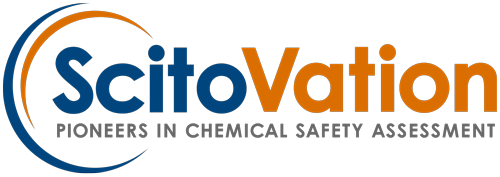Careers

Open Positions
Director of Business Development
ScitoVation is the premier startup company for professionals who want to make a significant contribution to supporting state of the art research in the field of drug discovery and investigative toxicology. You will be part of a team of leaders and collaborators who are dedicated to finding novel approach methods to address clients’ safety assessment challenges to enable launching safe compounds faster. Our team is driven by using the best science to help clients ascertain the safety and efficacy of new preclinical candidates, ingredients in consumer products, pesticides and other chemicals.
This is a unique opportunity to join a growing company that is developing scientific tools and technology aimed at reducing reliance on animal testing and impacting both the pharmaceutical and chemical industry.
